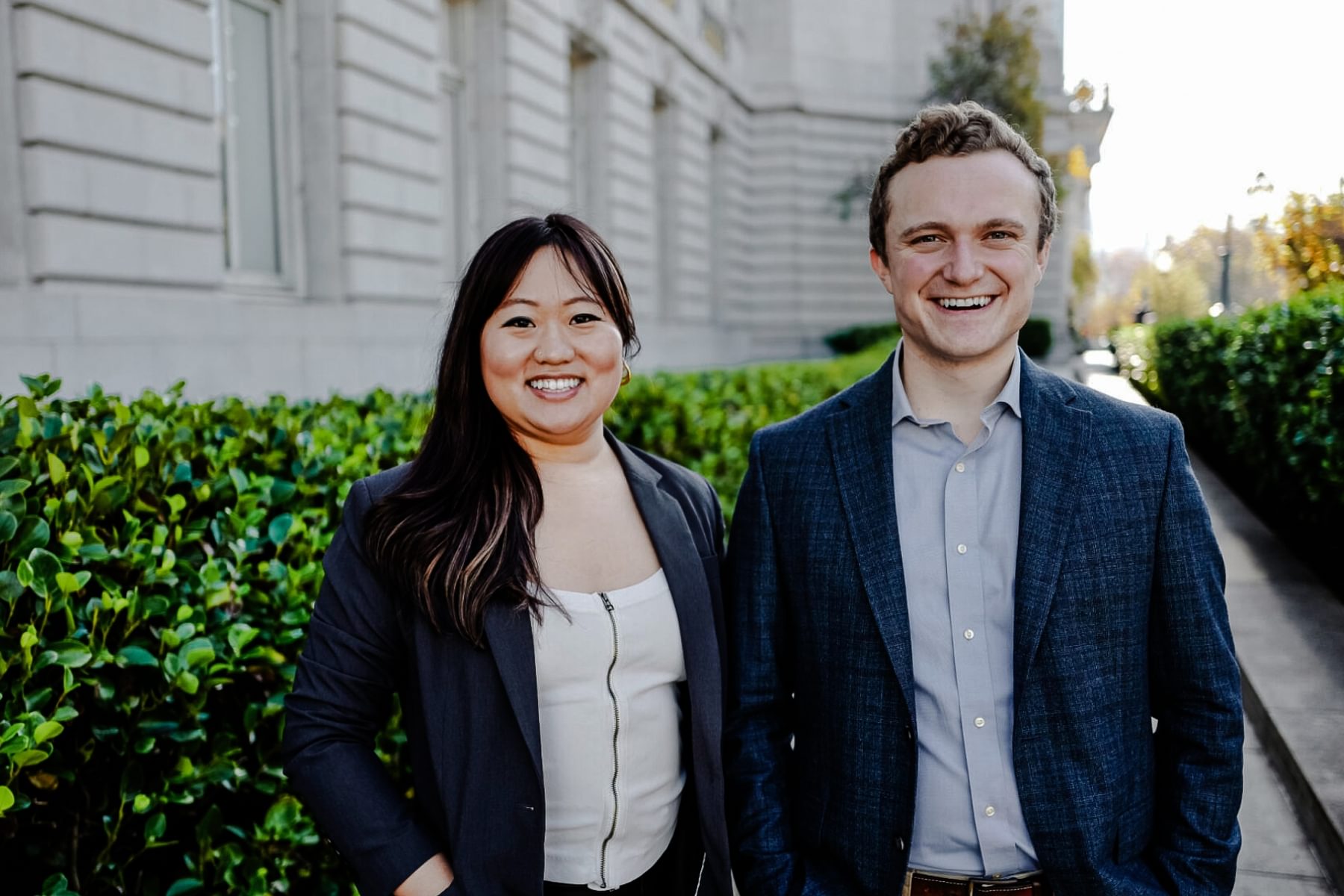For over a decade, the default path that many early-stage startups have taken to grow from an idea to a viable business has been through so-called “accelerator” programs that — for the most part — take fairly large chunks of equity in exchange for the offer of access to a community of mentors and service providers, financial support, and, quite honestly, a stamp of approval.
Take Y-Combinator as an example. The seed fund has grown to the point where it recently took in over one hundred companies for its one-term-only, three-month-sprint program. For YC, the original conceit was that most ideas can be taken from nascent to market ready in about 90 days.
We’d suggest that in most cases there is no way that startups and their founders, many of which have little business development skills, can build to a point of sustainable viability in such a short period of time and with so many of their peer ventures fighting for the limited time of advisors.
It seems that Y-Combinator has realized this as well. Just last week, YC chief Sam Altman announced an expansion of how the organization is managed, which, in effect, is a shift in YC’s current programming.
In addition to its own fund and Hacker News, Y-Combinator will launch YC Fellowship — a program aimed at earlier stage startups that gives small financial grants and access to the program’s vast community of mentors, advisors, and service providers. On the other end of the spectrum, Altman announced late last year that YC was also starting a research lab for ventures that would need more than a few months to become launch-ready, such as those in the biotech or hardware spaces.
The reality is that for a long time, Y-Combinator, Techstars, et al., have built their reputations solely on wins like Airbnb and Dropbox; the failures were of little concern. But that mentality seems to be changing with the recent restructuring of Y-Combinator.
What Sam Altman and YC are realizing is that the former system doesn’t create an environment in which every venture is best positioned to win. This doesn’t necessarily mean that everyone should receive some sort of award and congratulations for participation; this is the business world. However, success shouldn’t only be judged by commercialization but also in the form of learning. Where livelong insights are gleaned from failure, meaningful professional growth occurs.
We believe that the model we are building at the Harvard Innovation Labs is not only better for startup founders, but will lead to more successful, impactful, AND healthy companies for the long term.
Because of the educational backbone on which the i-lab is built, experimentation is in our nature.
Accelerator and incubator programs are often make-or-break, one-and-done opportunities. Companies enter with a set goal of preparing for demo day or an award ceremony, and they build their businesses and polish their pitches for that singular event.
And then what? Demo Day is not the end, it is just the beginning.
What we have built is different. Our theory is that the traditional accelerator model, while an important component to the ecosystem, is not enough.
One of the i-lab’s greatest advantages is that we aren’t investors seeking a return on capital. We will support any student, with any idea, at any stage of development. The Harvard i-lab isn’t just for people who want to start a company or want to be an entrepreneur, it’s for people who want to explore the world of innovation and creating new kinds of value, new forms of impact. We want to create the next generation of innovators, not the world’s next group of CEOs, consultants, or analysts.
Many of the people working out of the i-lab space want to be part of building something from the ground up, and there are various roles and opportunities to do that.
One student who is currently leading his own venture had been involved with four or five different companies in the i-lab. He went through various periods of trial and error as a startup team member before setting out on his own project. Another has put his own venture on hold while he helps a different startup team in a vital marketing and customer acquisition role.
What we’ve created in the i-lab is a safe place for trial, experimentation, and failure.
And failure is often a key element to the process.
The greatest benefit is that within the Innovation Labs community, founders and contributors can commiserate with each other and share advice. There is something unique about these student founders while they are still in a school environment that allows for a lot of freedom and the ability to make mistakes that don’t end up affecting someone’s bottom line, portfolio health, or ego.
They’re not competing for attention. Or for the brass ring. They’re here to help each other.
If we can help students learn about and try to build a business in an environment without the pressures of building a demo presentation or quickly trying to be primed to show off to potential investors, the VC and angel investor community is going to be getting better, more experienced founders and early-stage companies. Some of these startups have already been through failures, but the stakes within the environment of the i-lab were lower; they weren’t pushed forward too quickly or beholden to investors where they couldn’t scrap their ideas and start again.
These companies leave the i-lab having already gone through many of the struggles of companies that need seed stage funding earlier than they should probably have received it. Consequently, money will be at much lower risk. More viable companies will come out of the i-lab and into the ecosystem because they have had the ability to hone their value proposition and iterate on their idea.
To some degree, it makes startups better prepared whether they set out on their own with investment funding or if they move on to participate in programs like Y-Combinator, TechStars, or MassChallenge. In fact, most of the i-lab companies that have gone on to participate in one or more of those programs has been a top performer.
Here, it is about quality. There is a grounding nature. The startups being built in the i-lab aren’t tarnished, they aren’t cynical yet. We can catch them before the egos take over.
Founders and their startup teams come out of the i-lab more experienced and more well-rounded; it is almost an extension of the liberal arts education many of our Harvard College students are receiving across the Charles River in Cambridge.
And we believe this should be a goal for all higher education organizations seeking new ways to support their most innovative students. As more and more universities build entrepreneurship centers or startup support programs, the key is to create a safe space for experimentation and even to fail. Ideally, this should also be part of the mission as programs like Y-Combinator and Techstars continue to evolve.
It is time to stop thinking about failure as an endgame when it comes to innovation and entrepreneurship, and think of it as a necessary challenge that is part of the road to greatness. To do that, those tasked with supporting early-stage ventures must regard connection, cooperation, and experimentation as sacred and far more meaningful than pitches, term sheets, and promotion or buzz.
Doing anything less could stifle the next generation of life-changing technological, medical, and cultural breakthroughs before they have a chance to get off the ground.





